Speakers
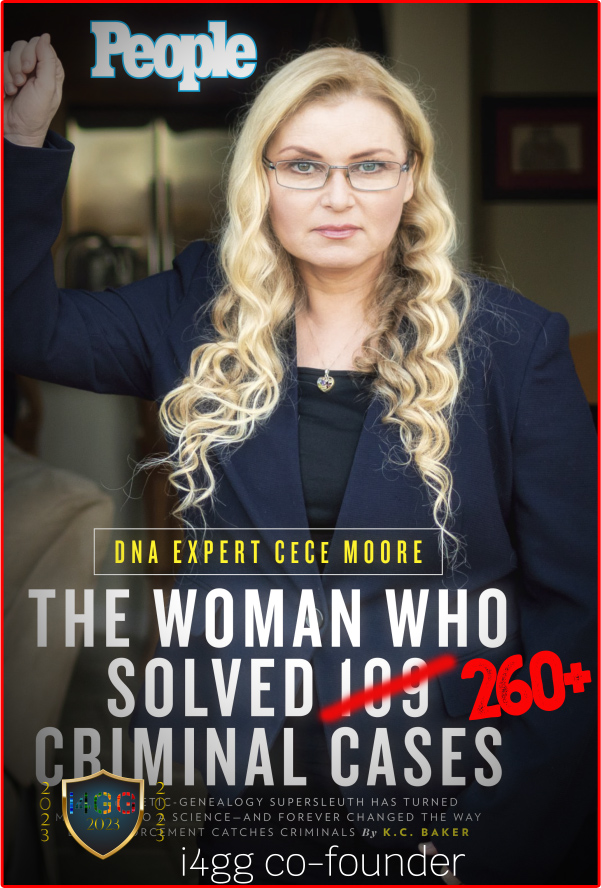

She is a pioneer and leading authority on investigative genetic genealogy (IGG). As the Chief Genetic Genealogist at Parabon Nanolabs, CeCe has led her small genetic genealogy team to the unparalleled record of over 260 successful identifications of violent criminals and unidentified decedents, averaging more than one solved case per week over the last four and a half years.
CeCe’s work with law enforcement has led to the first conviction, the first conviction through jury verdict, and the first exoneration in cases where the suspect was identified through IGG. CeCe’s groundbreaking work has been featured widely in thousands of articles and hundreds of television shows throughout the world, promoting public awareness and support of investigative genetic genealogy as a powerful tool with positive societal impact.
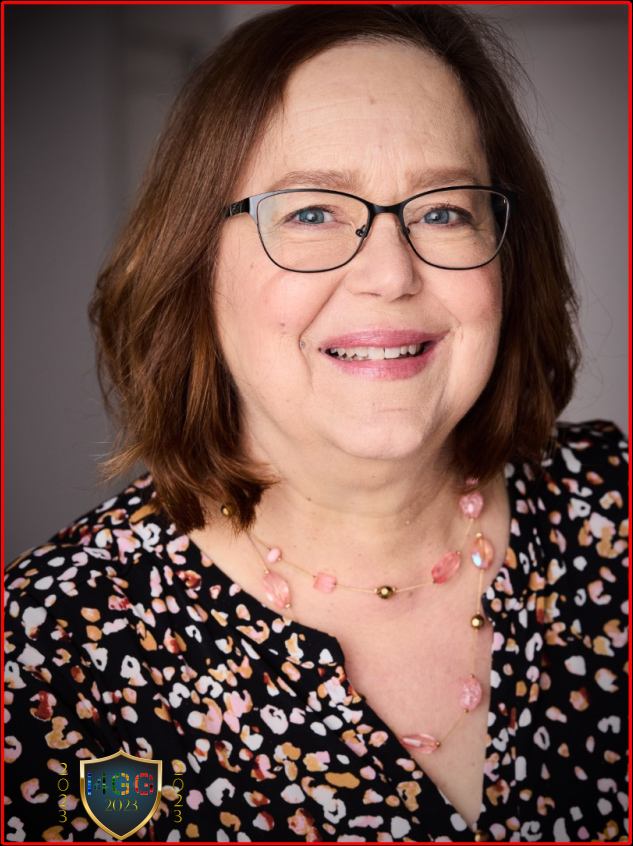

Christine Greene has worked as a professional investigative genetic genealogist for Parabon Nanolabs since 2018. As a longtime hobbyist genealogist, she took an autosomal DNA test in 2012, and discovered a compelling new interest. Since then, she has resolved hundreds of unknown parentage cases for adoptees as well as foundlings, those with unknown fathers including Ameriasians seeking their GI dads and donor conceived before moving on to law enforcement work.
Title: Cold Case Study - 45 year old homicide of Linda and Cliff Bernhardt
After 45 years, how investigative genetic genealogy provided an answer to the mysterious murders of a young couple in their own home.
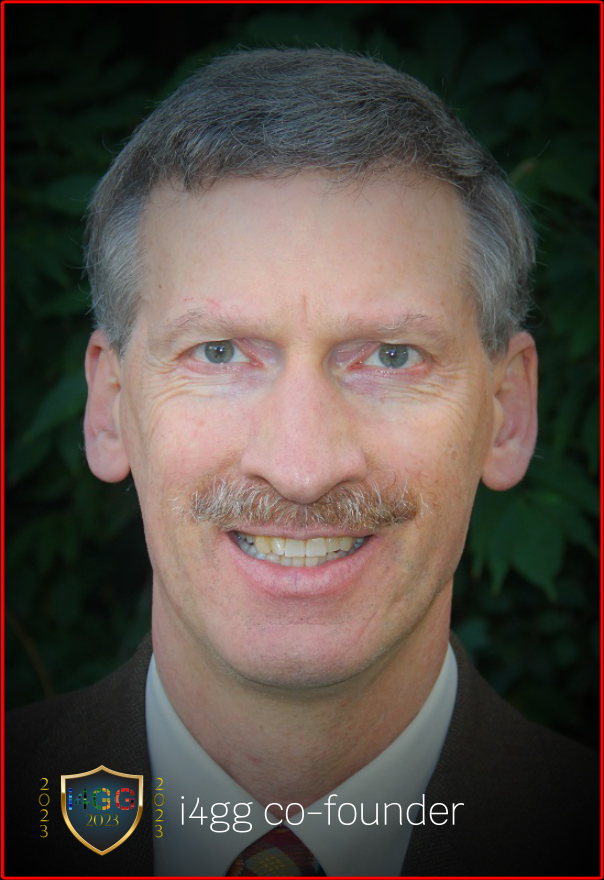

Tim Janzen, M.D. is the co-founder of the Institute for Genetic Genealogy (I4GG), a 45-year veteran of genealogical research in general, and a 16-year veteran of genetic genealogy research in particular. Doctor Janzen’s expertise in genetic genealogy is particularly strong in the areas of phasing and autosomal DNA analysis. He has been a consultant to the genetics company 23andMe as one of their Ancestry Ambassadors. He has also been a consultant for Family Tree DNA, MyHeritage, and Ancestry.com. In addition, Tim has been involved in Mennonite genealogical research for the past 25 years. His website www.timjanzen.com summarizes many different sources available for Mennonite genealogical research. Tim is married to Rachel Janzen and they have 4 children.
Title: Discovering the ancestries of Robert Armstrong (b. 1775) and John A. Fannin (b. 1824)
As a young boy, Robert Armstrong was captured by Indians in western Pennsylvania about 1783 and was raised by the Wyandot Indians. His ancestry has been unclear for the past two centuries. Tim Janzen’s presentation will describe how Robert’s ancestry was uncovered recently through a combination of careful analysis of autosomal DNA matches, one close Y chromosome match, and intense genealogical research.
The ancestry of John Algood Fannin (b. 1824) has likewise been unclear. Tim Janzen’s presentation will outline how a Fannin/Fanning Big Y project, autosomal DNA analysis, and thorough genealogical research helped uncover John Fannin’s ancestry back to the immigrant ancestor Bryan Fannin (b. 1698).
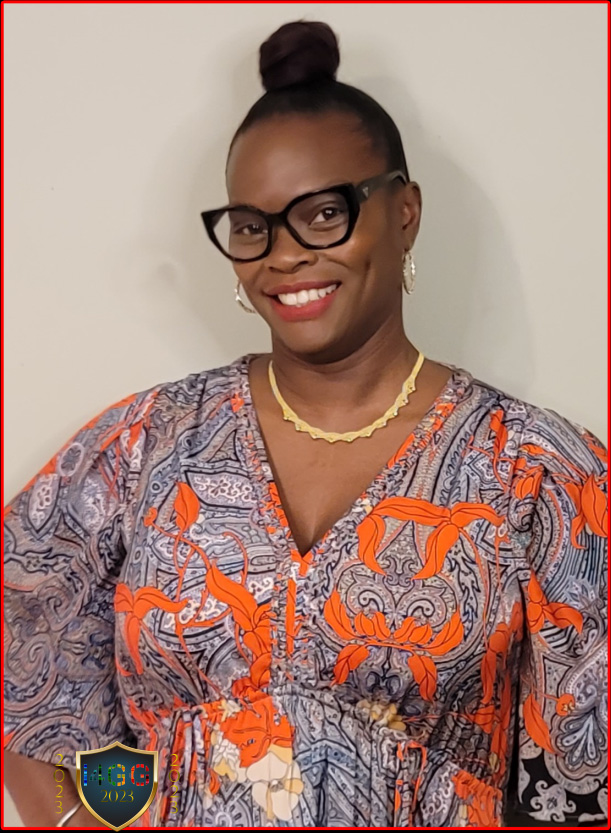

Akosua E. Moore is a native of Harlem, New York and began her genealogy journey at the age of 14 when she created her first family tree. She is the co-founder of Descendants of Edgerly Plantation Reclamation Project with friend and fellow genealogist Kimberly Morgan. Her love and dedication to genealogy research has given her the opportunity to consult and provide research to numerous private clients as well as the US Army’s Past Conflict Repatriations Branch and Finding Your Roots with Henry Louis Gates, Jr. After 19 years of teaching high school mathematics in New York and Atlanta, Akosua joined the Finding Your Roots team as a full-time Lead Genealogist in May 2022, after initially working as a part-time Associate Genealogist since September 2021. She’s a proud mother of three wonderful girls, and currently lives in the Atlanta metropolitan area.
Title: Exploring African American Genealogy: Professional Research Methods & Tips
Akosua Moore and Kimberly N. Morgan, Lead Genealogists for the PBS series Finding Your Roots and experts in African American genealogical research, will detail the research methods and tips they have developed after two decades of experience. Moore and Morgan regularly utilize these methods and tips to maximize positive results when conducting research for series Guests like Terry Crews (Season 8) and Viola Davis (Season 9).


Carol Isbister Rolnick is a professional investigative genetic genealogist with Parabon NanoLabs, and leading researcher in the genetic genealogy community. She specializes in the use of DNA to identify biological families, solve violent crimes and identify John/Jane Does. Since 2018, she has aided in the successful identification of dozens of suspects in violent crimes as well as unidentified human remains, for law enforcement agencies across the US and Canada. Since the very earliest days of genetic genealogy, Carol has helped hundreds of adoptees and others of unknown parentage to find their biological family. In 2015, Carol was part of the team who solved the widely publicized abandoned child case of Paul Fronczak, who later published his story in a highly acclaimed book, “The Foundling” and in 2021 was made into a documentary “The Lost Sons”.
Title: The Sarah Hutchings Homicide - An Investigative Genetic Genealogy Case Study
Sarah Hutchings’s murder was unsolved for 29 years until James Jobe was identified as the primary suspect through Investigative Genetic Genealogy in 2020. Hear the details of this fascinating case, including several interesting challenges, and follow
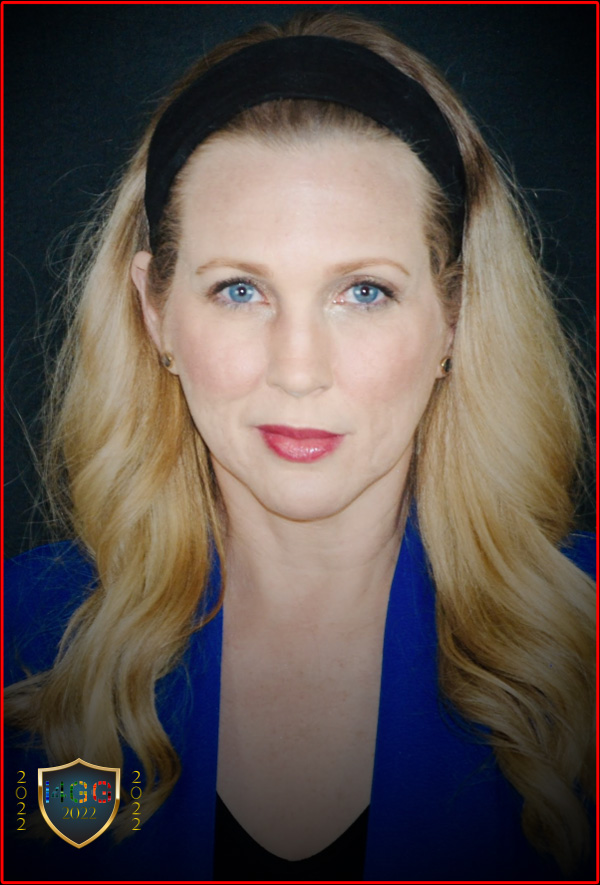

Kimberly N. Morgan, Lead Genealogist and Associate Genetic Genealogist, Finding Your Roots. Working closely with Lead Genetic Genealogist/DNA Expert CeCe Moore, Kimberly has been a member of the Finding Your Roots team for three years and has been actively involved in the genealogy field for almost two decades. Ms. Morgan has worked with a diverse group of clients to include the US Army’s Past Conflict Repatriations Branch, the Smithsonian Channel, and the International African American Museum.
Title: Finding Your Roots Season 9: DNA Case Studies by Kimberly N. Morgan
Season 9 of the PBS series Finding Your Roots features several guests with decades-long DNA mysteries and a few DNA surprises. This presentation will explore the DNA analysis and traditional genealogical research CeCe Moore and Kimberly N. Morgan utilized to solve these mysteries and surprises. The case studies to be presented will include Joe Manganiello Carol Burnett, and Richard Kind.
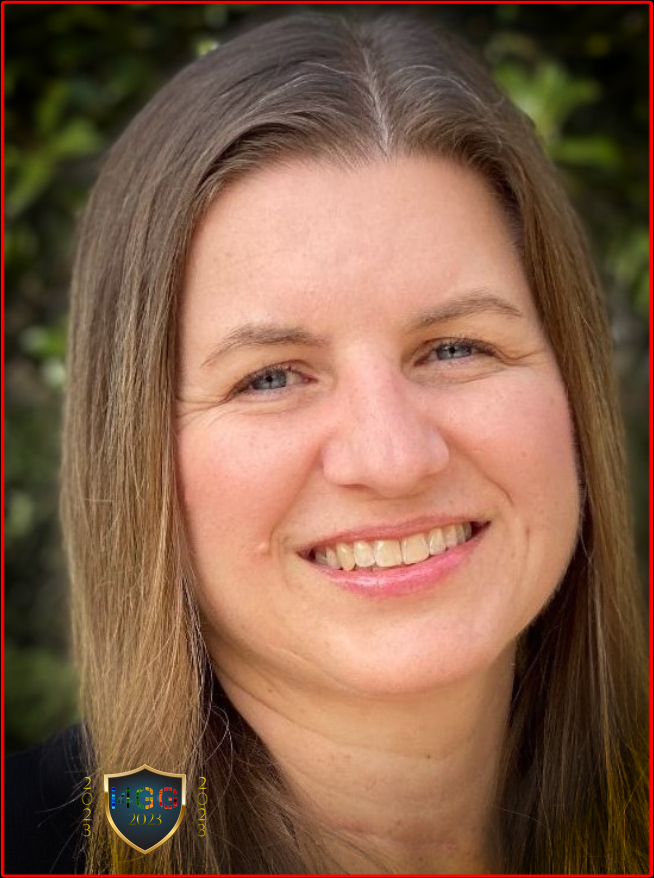

Dana Leeds started researching her family tree in 1998. She bought her first DNA kit in 2016 and solved her first unknown parentage case in early 2018. While working on another case that year, she created the innovative Leeds Method. This method quickly sorts DNA matches into clusters and has helped thousands of people identify their unknown biological parents. Dana became a nationally known genetic genealogy speaker and enjoys helping others to easily understand and work with their DNA results.
Title: Clustering Tips & Techniques
Are you trying to identify a 2nd, 3rd, or even 4th great-grandparent? Clustering your DNA matches can help! Clustering is a way of visually sorting your DNA matches to identify related groups. This session will go beyond basic clustering to give you tips and techniques to attack your more distant brick walls.
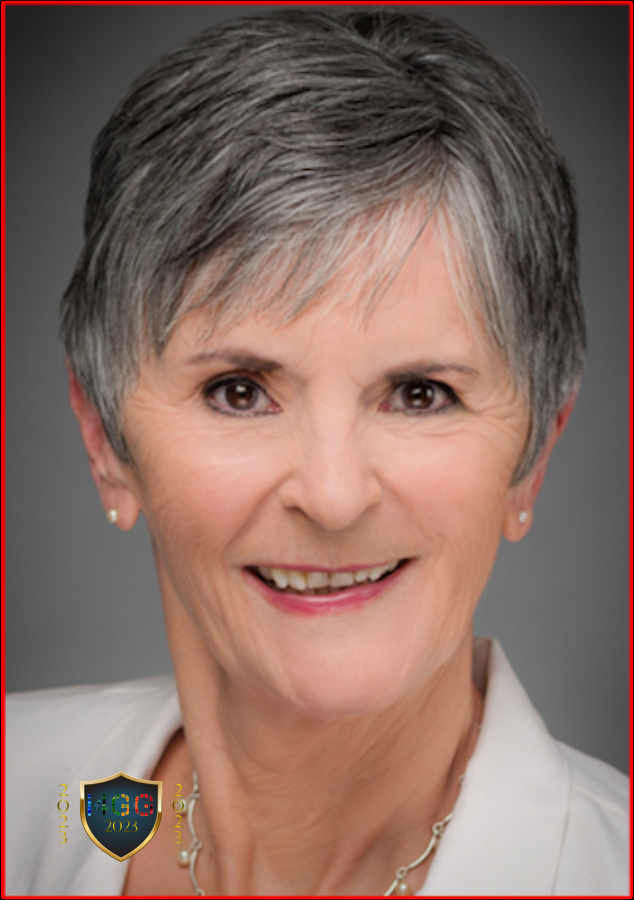

Kathleen Fernandes earned her Ph.D. in Educational Psychology from Stanford University and worked as a systems analyst designing military IT systems for the Department of Defense. Since retiring, she has been actively researching her Portuguese ancestry and became interested in genetic genealogy as a way to break through the brick walls she encountered. She is particularly interested in tools and techniques for analyzing DNA data in endogamous populations.
Title: Dealing with Endogamy in Unknown Parentage Cases
Endogamy is the practice of marrying within a limited community or group over many generations for cultural or religious reasons or due to geographic isolation.
This presentation describes how to recognize endogamy in your family tree, explains its impact on evaluating DNA test results, and presents several case studies illustrating how to address endogamy in your family research.


Louise Coakley, MBA, is a professional genetic genealogist in Australia specializing in the use of DNA to identify biological families and educating others on how to explore, interpret, and apply their DNA results to their unique family situations. Louise has more than 25 years of genealogical research experience, including 12 years using DNA as a research tool, and she started working as an investigative genetic genealogist in Australia in 2020.
Title: ‘Poona Paul’ – Who is this man?
This presentation reviews the case of a John Doe found in Queensland, Australia in 2008 that perplexed detectives for 12 years as all clues to Poona Paul’s identity were investigated and exhausted. Poona Paul was an ideal first case for Queensland Police to learn how investigative genetic genealogy works – including how extremely powerful it can be, but it also set realistic expectations as the case demonstrated a range of challenges that can be encountered in unknown parentage research So, who is Poona Paul?

Joan teaches a week-long class on the Fundamentals of Investigative Genetic Genealogy through the Global Forensic and Justice Center of Florida International University’s locations in Florida as well as at the Denver, Colorado crime lab.
Title: Not for the Faint of Heart - Excel Tricks for IGG Work
Joan Hanlon will be presenting two of the tricks she uses in her IGG work: a modified LEEDS (clustering) chart as well as a method for producing a list of potential investigative leads using Legacy Family Tree and Excel.

Investigative Genetic Genealogy Accreditation Board – ensuring competence and ethical practice in the field of IGG.
The Investigative Genetic Genealogy Accreditation Board was formed in early 2022 to address the urgent need for standards and a proficiency exam within the field.
Board members of IGGAB will provide an overview of the organization, its mission, Board of Advisors and updates on the progress made toward development of professional standards and an accreditation exam.